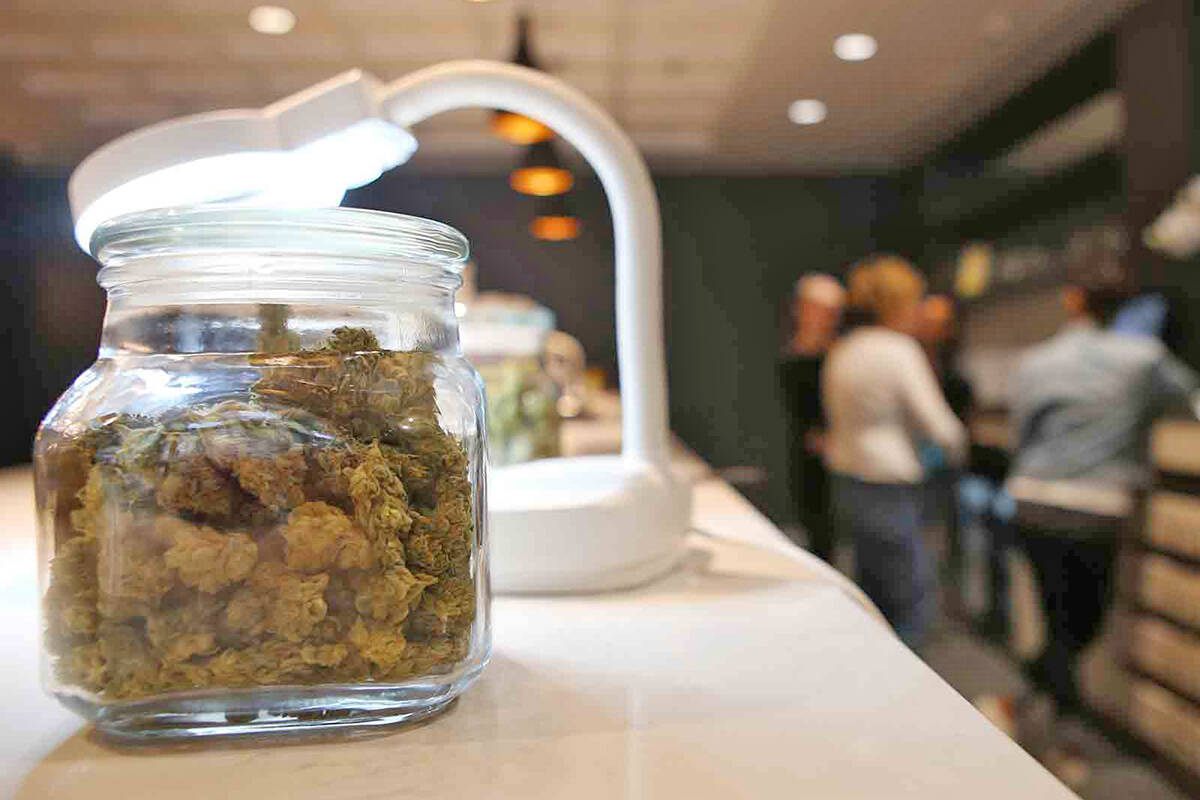With a rash of armed robberies among cash-only cannabis dispensaries across the state, state regulators and local stakeholders are looking to Congress to pass legislation that would allow the businesses to use federally-backed banks and to make non-cash transactions.
On March 29, the Washington State Liquor and Cannabis Board held a roundtable meeting with cannabis retailers, industry advocates and state leaders to discuss the dangerous state of the industry and ways it could be supported by policy changes.
LCB Board Chair David Postman said there had been over 70 armed robberies at cannabis dispensaries all over the state that had occurred in a period of less than 90 days. One robbery at World of Weed in Tacoma left a 29-year-old employee, Jordan Brown, fatally wounded.
Alden Linn, owner of World of Weed, said his store had typically gone “above and beyond” when it came to security measures and policies, but now he said he and his staff had enjoyed a “false sense of security” after a team of four armed robbers quickly overpowered security and staff.
Aaron Varney, owner of Dockside Cannabis in Seattle, called the current state of the industry a “public safety crisis” and said he would be looking to hire well-trained armed guards at his stores that will likely cost what he estimated to be somewhere around $70 an hour for properly trained individuals.
He said he is already aware of other dispensary owners who have had to layoff budtenders to hire armed security guards.
Varney said that for dispensary workers, who have been deemed essential frontline workers since the beginning of the pandemic, the stress resulting from having to meet the challenges of the pandemic has been “palpable.”
Varney said that it was once explained to him that the cannabis industry was a “compliance industry,” and that having a dispensary was not necessarily about selling cannabis as it was about complying with all the regulations and red tape imposed by the state government. He said the problem of robberies and safety in dispensaries is a systemic problem that requires a systemic solution from regulators.
Varney estimated that of all the cash that dispensaries are required to keep on hand because financial institutions won’t bank with them, more than 45 percent of it is tax revenue owed to the LCB and the state. He raised this point to emphasize the state’s responsibility to protect the private businesses that are at risk due to imposed regulations.
Washington State Treasurer Mike Pellicciotti said that even though about three out of every four states have legalized cannabis, it still remains outlawed as a Schedule One drug by the federal government.
Michael Correia, lobbyist with the National Cannabis Industry Association, said credit card processors and financial institutions are scared of the possibility of punitive action by the Department of Justice. This is why they do not want to get involved with the cannabis industry.
Owner of Gypsy Greens dispensary Jenna Rodriguez said her store has paid employees with checks from her business just to have their accounts with federally-backed banks canceled. She also said having to deposit cash from her business comes with “outrageous fees.”
Many pointed to the policy changes outlined in the Safe Banking Act in Congress as being the saving grace of the challenged cannabis industry that would allow them to bank like traditional businesses. The legislation has passed several times in the House and never in the Senate.
Postman said state regulators and industry stakeholders must “demand that Congress works on the safe banking act,” but prepare as if they are not.
Talk to us
Please share your story tips by emailing editor@kentreporter.com.
To share your opinion for publication, submit a letter through our website https://www.kentreporter.com/submit-letter/. Include your name, address and daytime phone number. (We’ll only publish your name and hometown.) Please keep letters to 300 words or less.

